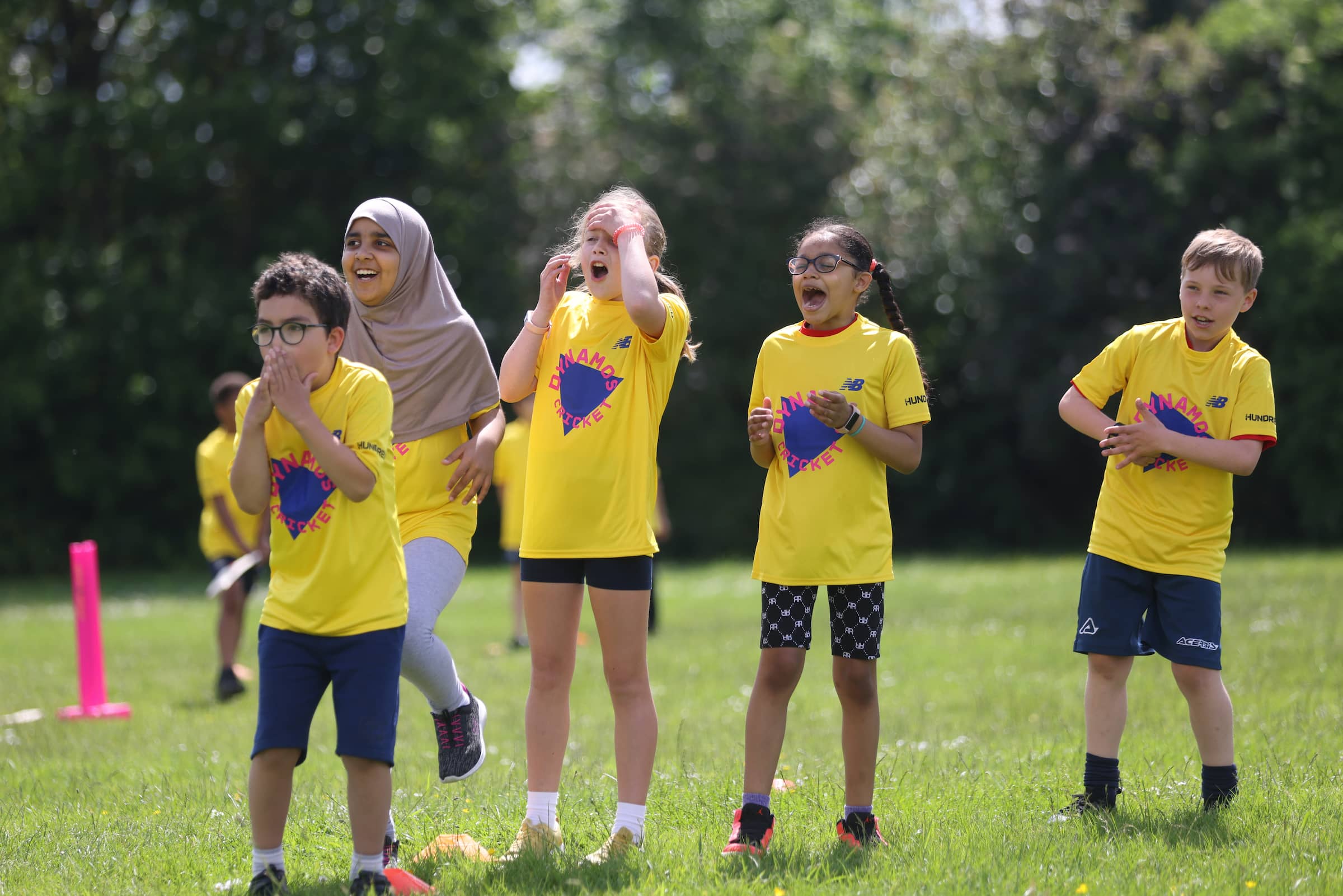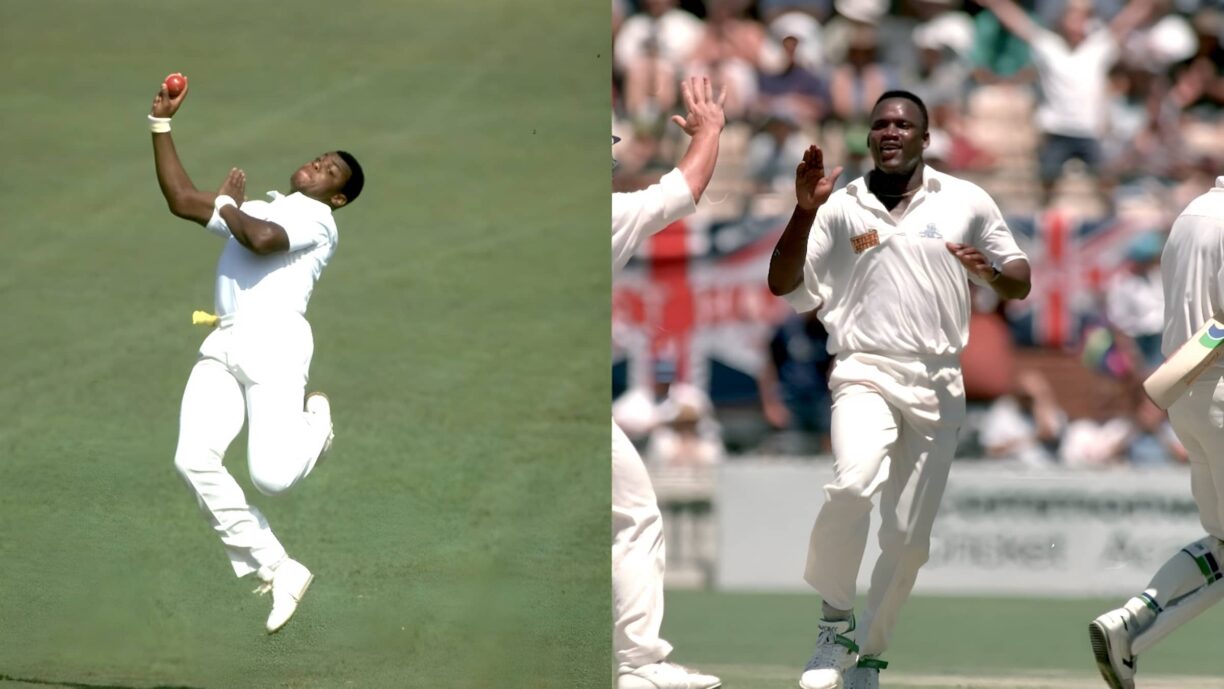The ECB has published three reports updating on the progress in making cricket the welcoming, inclusive sport we want it to be.
There is no doubt about the scale of change which is needed to make sure cricket really is a game for everyone. The testimony of those who have experienced discrimination or felt excluded from the sport demonstrates that.
But a year ago, following Azeem Rafiq’s testimony to the DCMS select committee and the stories of others who have spoken out about their experiences, the game came together to commit to actions to go further and faster in changing the sport of cricket.
The ECB has committed to being open and transparent about the progress being made, and while there remains much more work to do, today’s three reports demonstrate some of the progress made to date:
GAME-WIDE ACTION PLAN TO TACKLE DISCRIMINATION – Read more here
The ECB are reporting on the progress made against the Game-wide Action Plan and the 12 commitments the entire game made last November to promote equity, diversity and inclusion at all levels.
This includes improvements in the way discrimination can be reported, increases in ethnic diversity in both boys and girls’ talent pathways with further action to remove barriers, the rollout of education across the cricket network, and significant increases in gender and ethnic diversity on County Boards.
THE ECB’S EQUITY, DIVERSITY AND INCLUSION (EDI) PLAN – Read more here
The ECB’s two-year plan launched last year with a focus on four key areas: empowering people, building diverse teams, developing inclusive environments and leading with accountability.
Across those areas they are committed to delivering 12 key actions by the end of 2023. The report highlights the steps taken so far – including reviewing and improving ECB policies to become more inclusive, establishing game-wide communities for under-represented groups, and ensuring fair recruitment – as well as areas of focus over the coming year.
COMPREHENSIVE ACTION ACROSS CRICKET – Read more here
The third document focuses on other work happening across the game to deliver change outside of these plans. Some of this work to get a wider variety of people involved in the sport has been underway for several years through the Inspiring Generations strategy for cricket in England and Wales, while some has been expanded or accelerated over the past year.
Progress over the past year includes continuing growth in women’s and girls’ teams and record attendances for women’s professional matches, the expansion of work with Chance to Shine and Lord’s Taverners to reach more primary schools in underserved communities, and an increase in the number of clubs regularly delivering disability cricket.
There is still more to do, and they will continue to update on progress. The Independent Commission for Equity in Cricket (ICEC) – was established by the ECB to examine questions of equity in relation to race, gender and class within cricket, and to provide recommendations on what further action the ECB and the wider game needs to take to make cricket a game for everyone – is expected to report early in the new year.
While its findings may be challenging for the sport, the ECB believe the work of the ICEC can help to drive lasting change and rebuild trust among communities to show people that cricket can be a game for them.





